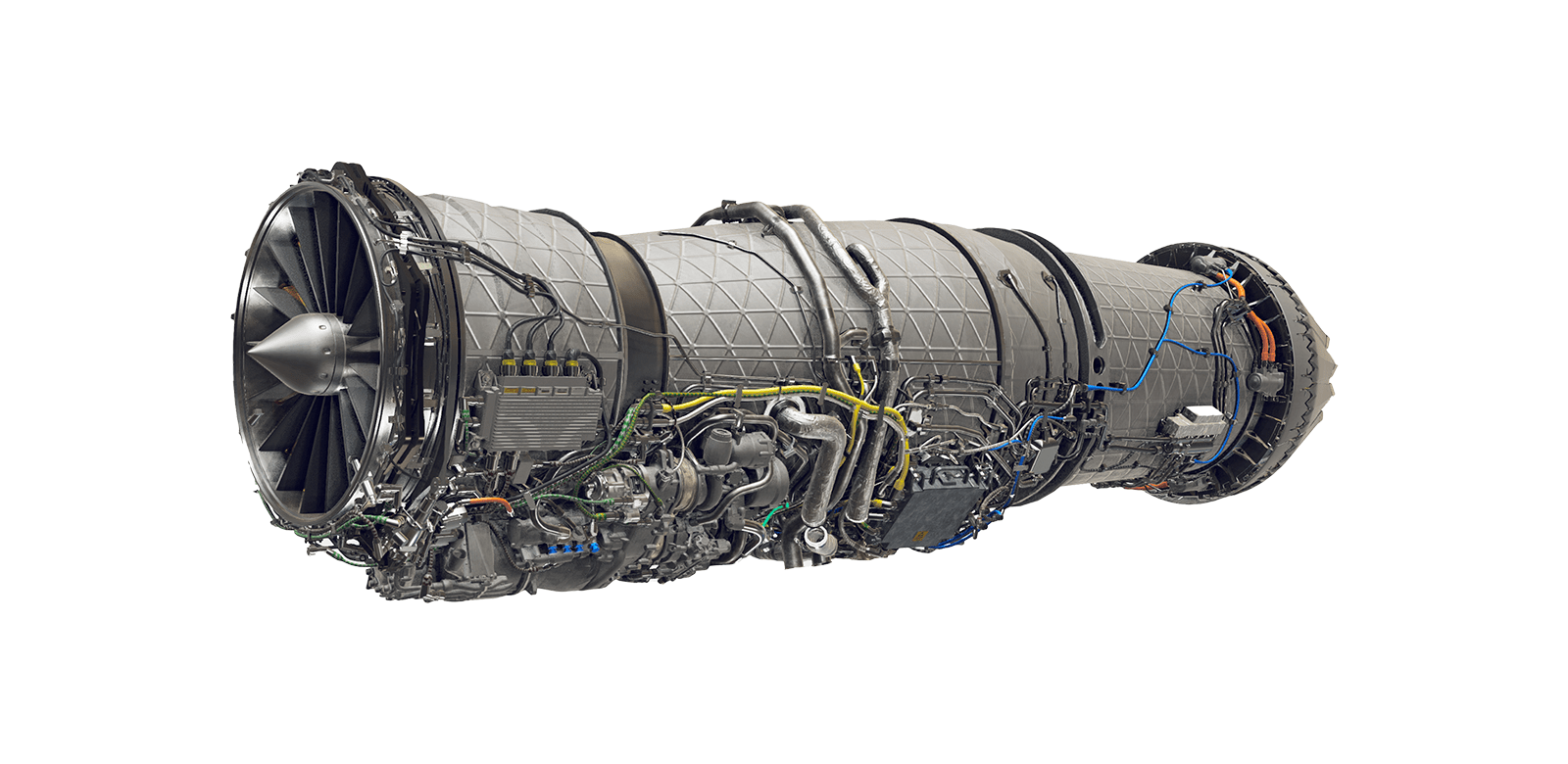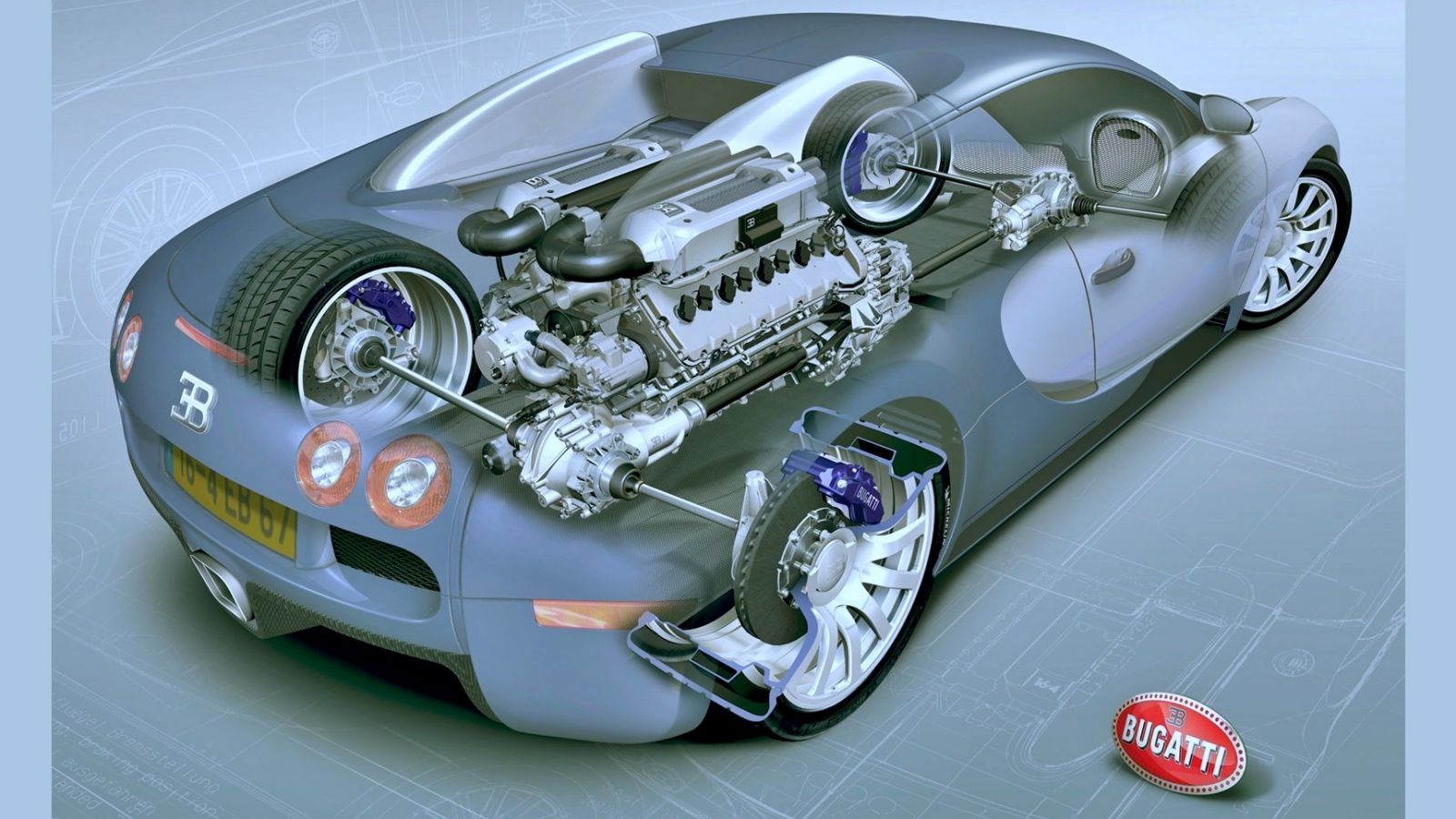The Impact of Ingenious Engine Technologies on Energy Performance and Environmental Sustainability
In the realm of transport and commercial machinery, the continual mission for improved energy performance and minimized ecological impact has actually led to considerable innovations in engine technologies. From the gradual shift in the direction of hybrid and electric systems to the combination of turbocharging for boosted effectiveness, the landscape of engines is advancing rapidly.
Advancement of Engine Technologies
The development of engine technologies over the years has been marked by continual technology and refinement in pursuit of improved performance and efficiency. From the very early days of inner burning engines to the advanced crossbreed and electrical powertrains of today, the development of engine technologies has actually been driven by an unrelenting quest for enhanced gas efficiency and minimized discharges.
One substantial landmark in this development was the growth of turbocharging and direct shot systems, which considerably increased engine power result while improving gas efficiency. These innovations allowed for smaller sized, extra lightweight engines that might deliver the efficiency of bigger ones without compromising on effectiveness.
Furthermore, improvements in products science have caused the widespread adoption of light-weight products such as light weight aluminum and carbon fiber in engine building. This has not just reduced total vehicle weight yet has also improved engine performance by reducing power losses connected with inertia and rubbing.
Benefits of Electric and Hybrid Solutions
With the expanding focus on sustainability and energy efficiency, what advantages do hybrid and electrical systems offer in the realm of engine technologies? Electric and hybrid systems existing countless advantages that add to an extra energy-efficient and sustainable future. One of the primary advantages is the significant reduction in greenhouse gas emissions compared to conventional internal combustion engines. Electric automobiles create no tailpipe exhausts, leading to boosted air top quality and decreased ecological impact. Furthermore, hybrid and electrical systems are a lot more energy-efficient, converting a higher percentage of saved power into propulsion contrasted to traditional engines. This effectiveness leads to lower power consumption and operating expense over the lorry's life time. Moreover, electrical lorries use regenerative braking systems that store and record power usually lost during braking, further improving power effectiveness. Crossbreed systems integrate the benefits of electric propulsion with the adaptability of a combustion engine, giving prolonged reducing and driving arrays array anxiety for consumers transitioning to electric automobiles. In general, electric and hybrid systems play an important role beforehand energy performance and environmental sustainability in the transport sector.
Turbocharging for Improved Effectiveness
Innovative engine innovations like hybrid and electric systems have led the means for improvements in automobile efficiency, with turbocharging emerging as a vital strategy for enhancing total performance and sustainability. Turbocharging works by using a turbine to compel more air into the combustion chamber, enabling better gas combustion and increased power output without a significant increase in engine dimension. This procedure, understood as forced induction, allows smaller, more fuel-efficient engines to create additional info power levels comparable to bigger ones. By making best use of the effectiveness of the burning procedure, turbocharged engines can accomplish enhanced fuel economy and reduced exhausts, adding to environmental sustainability. Additionally, turbocharging enhances engine responsiveness, providing vehicle drivers with an extra dynamic driving experience. The extensive adoption of turbocharged engines in both gasoline and diesel vehicles shows their effectiveness in balancing performance, performance, and ecological effect. As automobile producers continue to refine turbocharging innovation, its role in advertising energy effectiveness and sustainability in the transport market is anticipated to expand even more.
Harnessing Alternate Gas
Harnessing alternate fuels offers a promising opportunity for reducing carbon emissions and expanding the reference energy resources made use of in transportation. As the world makes every effort to deal with environment change and decrease reliance on fossil fuels, different gas have actually gained significant attention for their prospective ecological and financial benefits.
Biofuels, such as ethanol and biodiesel, are obtained from eco-friendly sources like sugarcane, algae, and corn, providing a cleaner burning choice to traditional gas and diesel. These fuels can be mixed with existing oil gas or made use of in dedicated engines, offering a pathway to reduced greenhouse gas discharges and boost air top quality.
Moreover, hydrogen fuel cells have arised as an appealing modern technology for zero-emission transportation. engines for africa. By transforming hydrogen gas right into electricity to power electric motors, gas cell automobiles generate just water vapor as a result, getting rid of dangerous tailpipe exhausts entirely
Along with lowering carbon discharges, alternate gas can also boost power safety by branching out the fuel mix and decreasing reliance on imported oil. Welcoming different gas in transport is a critical action towards achieving a more environmentally go to my blog pleasant and sustainable future.

Future leads and environmental advantages
Different gas, such as biofuels, hydrogen, and electricity, deal substantial ecological benefits contrasted to traditional fossil fuels. In addition, alternative gas can aid branch out energy sources, boosting power security and minimizing dependence on limited sources.
Advancements in technology proceed to improve the effectiveness and cost of different gas vehicles, making them more accessible to consumers. By welcoming different gas and innovative modern technologies, the course towards a more sustainable future ends up being progressively achievable.

Conclusion
In verdict, ingenious engine technologies have played a vital role in enhancing power efficiency and promoting environmental sustainability. The advancement of engine technologies, adoption of hybrid and electrical systems, use of turbocharging, and expedition of alternative fuels have all added to increasing and lowering discharges effectiveness.
In the world of transport and commercial machinery, the continuous quest for boosted power efficiency and reduced environmental impact has led to substantial developments in engine innovations. Turbocharging jobs by using a wind turbine to force even more air right into the burning chamber, enabling for better gas combustion and boosted power outcome without a substantial boost in engine size. By optimizing the performance of the burning process, turbocharged engines can accomplish better gas economy and decreased emissions, adding to environmental sustainability. Different fuels, such as biofuels, hydrogen, and electrical power, deal substantial ecological benefits contrasted to standard fossil gas. The development of engine modern technologies, fostering of hybrid and electric systems, usage of turbocharging, and exploration of alternate fuels have all contributed to enhancing and lowering discharges performance.
Comments on “Discover Top-Quality Engines for Africa at Our Dependable Car Components Shop”